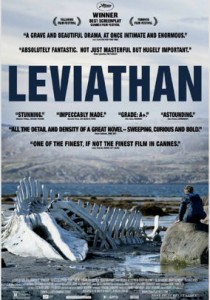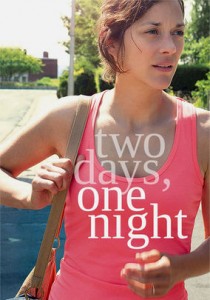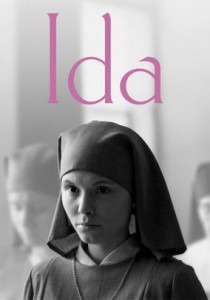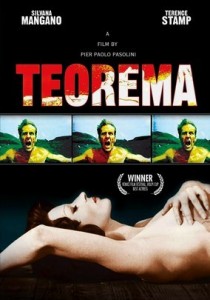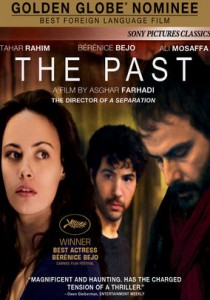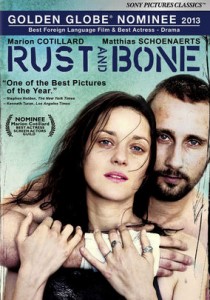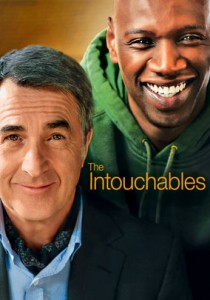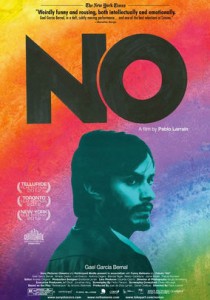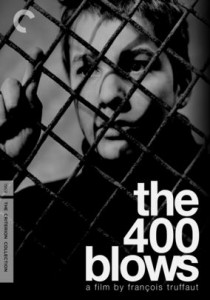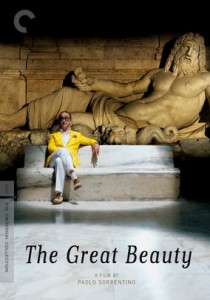Leviathan-2014
Director Andrey Zvyagintsev
Starring Elena Lyadova, Vladimir Vdovichenkov
Scott’s Review #370
Reviewed January 16, 2016
Grade: B+
Nominated for the 2015 Best Foreign Language Film (Russian), Leviathan is a tale of governmental corruption at the expense of the “little man”, mixed in with a family drama- and is quite heavy.
The film is above average. It’s a standard, tense drama, if you will, though a bit slow-moving at times. This is not so much a complaint as it is an observation.
As with many Foreign language films versus American films, there is more nudity (not in a gratuitous way) and fewer explosions, which is admiration, and hats off to foreign language films as a whole.
Leviathan made me think of the overall foreign language film genre in that assessment as it did not need CGI or any other “bells and whistles” commonplace in current American films.
Set in a gorgeous coastal area of Russia, featuring landscapes and outdoor shots, Leviathan is a story with religious overtones mixed with drama. “Good vs. evil” and both sides questioning God or defending their actions for god are featured message points.
The protagonist, Koyla, lives with his second wife, Lilya, and his son Roma in a coastal fishing town. Koyla is hot-headed and sometimes expresses rage, but is a good man living a simple life as a mechanic.
The corrupt Mayor is determined to take Koyla’s land and build a villa, offering Koyla an insulting sum of money to sell his land. The disputed land is currently in legal hands, and Koyla’s handsome lawyer friend, Dima, arrives from Moscow to handle the case and support the family in their uneasy times.
A secondary plot involves a love triangle between Koyla/Dima/Lilya, and Roma’s hatred for Lilya that, while somewhat interesting on its terms, did not do much to further the main plot and I am not sure how necessary it was to the film as a whole.
It has nothing to do with the land dispute and was left unresolved.
The clear “hero” of the film is Koyla, but he is no saint himself. He drinks heavily, at one point smacks his son (albeit deservedly so), and has a temper. But his land is being taken from him by a corrupt figure making Koyla empathetic and likable.
Leviathan is a compelling film as the clear message received is “bully vs. beleaguered working man”. The mayor is a fat, unattractive, drunken bully and the audience is instructed to root against him. He has the town justice department in his back pocket and uses blackmail to achieve success.
The film brings religion into the plot as a priest tells the mayor he is doing “God’s work”, thereby justifying his motivations (at least in his mind). Later, a defeated Koyla converses with a religious man questioning God and God’s actions.
The film is cold despite being set in what I believe to be the summer or fall. There is a chill in the air, it always looks windy, and the look of the film is dark. This is effective as Leviathan is a dreary film with an unhappy ending.
Life is harsh and cruel and the film extends that message.
I did not quite understand Lilya’s motivations and not much is known about her character, despite being involved in the events. What motivates her to have an affair with Dima? Why does she return to Koyla? Is she unhappy and seeking a more glamorous life?
This can be assumed but is never made clear so she is a mysterious character.
Enjoyable to me most is the final thirty minutes or so. When a character’s sudden death occurs, I wondered if a particular character was responsible for the death before it was revealed what truly happened.
A cinematic treat and an interesting premise, mixed with a bit of religion and a whodunit, make the Russian film Leviathan, a worthy viewing experience.
Oscar Nominations: Best Foreign Language Film
Independent Spirit Award Nominations: Best International Film
